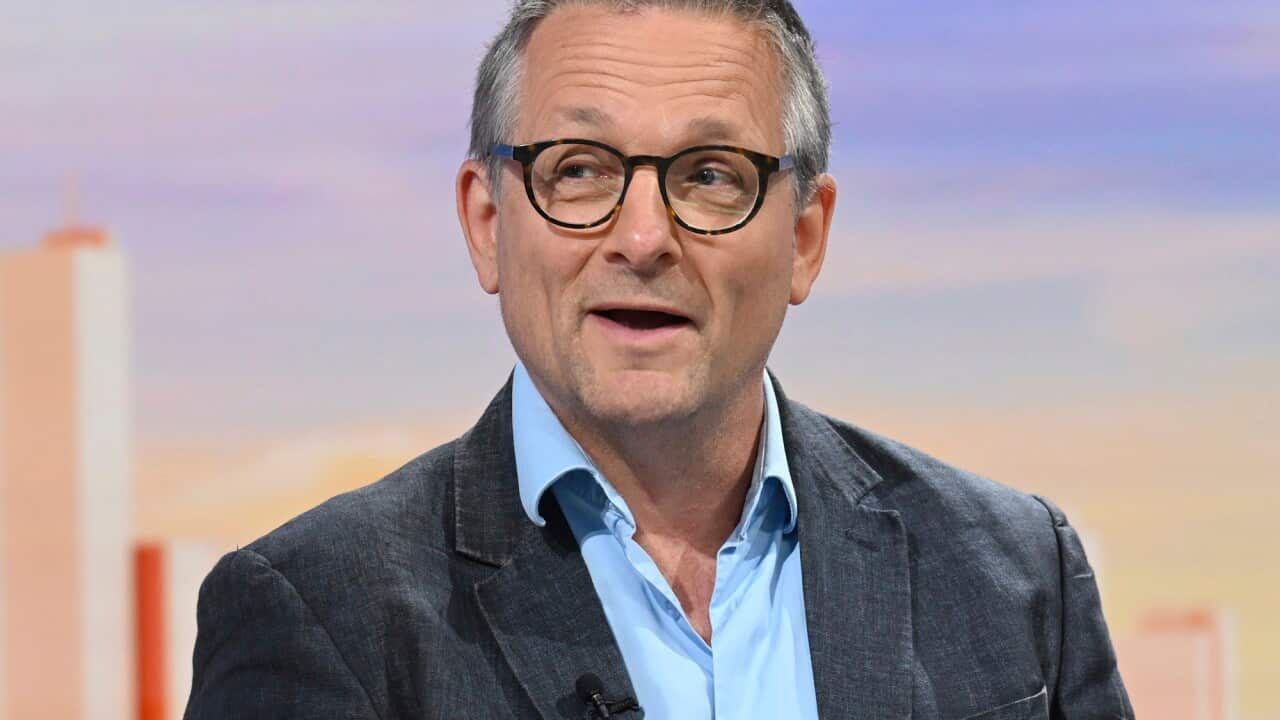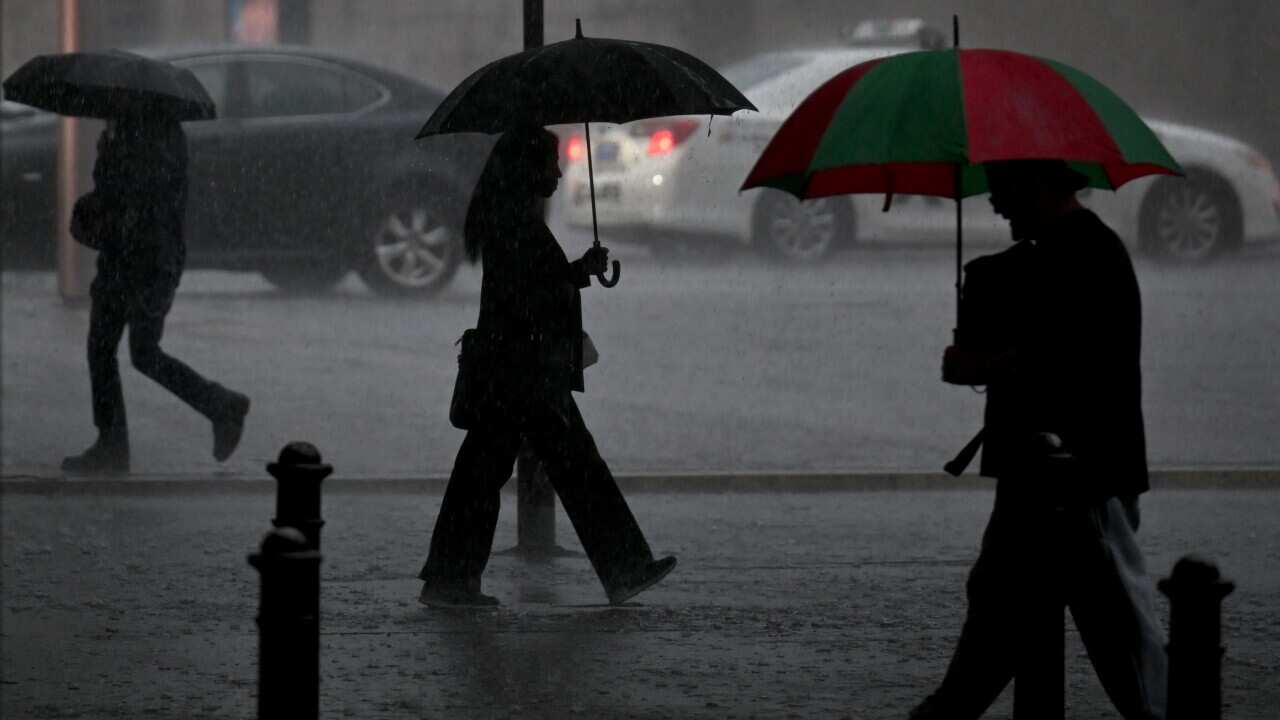TRANSCRIPT
According to current projections, around 575 million people worldwide will be living in extreme poverty by the end of the decade.
So as more and more people fall into extreme poverty, some are voicing concerns about Australia's failure to boost its aid funding.
Recent data from the Organisation for Economic Co-operation and Development shows that out of the 31 member countries, Australia sits near the bottom for aid spending as a proportion of Gross National Income.
Senior Researcher at the Development Policy Centre at the Australian National University Cameron Hill says Australia is performing markedly lower than its peers.
“Australia has over the last 10 years or so dropped a long way down the rankings of OECD donors, so other rich economies, in terms of the amount of aid we provide. In 2023, we ranked 26 out of 31 countries. So we ranked well below some of our traditional allies and partners, countries like Japan, Canada, New Zealand, the UK and the US.”
Peaking at around $6.56 billion in 2013-14, Australia's aid investment budget has either declined or remained stagnant for the past decade.
The Australian National Universities online Australian Aid Tracker shows when adjusted with inflation, Australia has become less and less generous with aid over time.
Sitting at number 26 out of 31 OECD member countries' aid spending, Australia spends just 0.19 per cent of its GNI on foreign aid, Dr Hill says.
“We used to have a target, this was a bipartisan target, up until 2013 that Australia would spend 0.5% of its gross national income on aid. We're currently or last year in 2023, we're at 0.19%. So you know, we've slipped further and further away from that 0.5 target, we never reached the target. But now we're we are going backwards. And according to our analysis, if we don't do anything to fix this situation, by the mid 2030s, Australian aid will fall down to 0.13% of our gross national income.”
The Safer World For All campaign is an Australian movement calling on leaders to take action now and build a safer world.
The campaign, which is coordinated by the Australian Council for International Development and Micah Australia, warns that if Australia's aid spending remains at this historic low it will fail to properly invest in future prosperity and security.
Development studies and social policy lecturer at the Australian National University Annabel Dulhunty explains.
“What that means is that what you spend in aid, if it's effectively done, will hopefully have a ripple-on effect, a generational effect. So first of all, we have to differentiate between aid - poor aid projects that are poorly designed - and there you know, there are many of those. But then there are also aid projects which are helpful and which are actually locally led in local partnerships with others. And when they when a projects are properly designed, they can actually develop quite strong relations between Australia and those other countries. They can also help to boost to boost a sense of well-being and prospects and skills in local economies.”
In a case reinforcing the need for stronger Australian investment, the Australian Council for International Development points out that ten of Australia's top 15 export markets were once recipients of Australian foreign aid.
Most of Australia's aid investments are directed into the neighbouring region of Pacific island nations, as well as East and South East Asia, with Papua New Guinea receiving the largest portion.
But Ms Dulhunty says China is providing more aid to the Pacific than Australia is.
“ Australia has tended to put its own interests first, particularly if it doesn't see a sort of geopolitical need to, to ramp up aid in the region. With concerns now that there's been more Chinese investment in that of aid in the Pacific that this has sort of come as something of interest to many Australians. And they say okay, well there is need to put aid into the Pacific, but more importantly, than trying to use aid as some kind of geopolitical weapon. There is a real need for the urgent humanitarian needs of aid globally.”
Australia's 0.19 per cent of the GNI is still far below the United Nations target of 0.7 per cent for OECD countries.
According to The Commitment to Development Index 2023, which ranks the world’s 40 most powerful countries, Australia is 17th, 13 places lower than it was in the 2021 index.
The index report says this fall is largely due to deterioration in the areas of migration and technology.
Ms Dulhunty says whilst ranking second in trade, Australia remains in the bottom ten rankings for environment and development finance.
“There' been a lot of focus on the volume of aid which is important and an obviously the fact that it's only going to stabilise now rather than increase is significant. But I think it's also important to look at the types of aid spending and also to look at the effectiveness of aid spending. When the new international development policy was released, I think it was a real shame that they didn't include the re-establishment of the Office of Development Effectiveness, which was abolished and the independent evaluation committee, because it's really important to have that oversight of the aid programming and to be able to look at it and to look at what's working, what's not working in an independent manner.”
Meanwhile, this week marks one year since conflict in Sudan broke out.
Deputy United Nations High Commissioner for Refugees Kelly Clements says aid efforts to support Sudan must continue.
“We, UNHCR, the UN refugee agency and partners are working around the clock to try to provide assistance to those new arrivals, those returnees, those refugees, trying to ensure that the host community here can support the many pressures that are upon them. But this is an aid effort that needs to continue, and we need to be looking at this effort as not just one of emergency response but thinking about solutions already. Where can people go, where they can start rebuilding their lives.”













